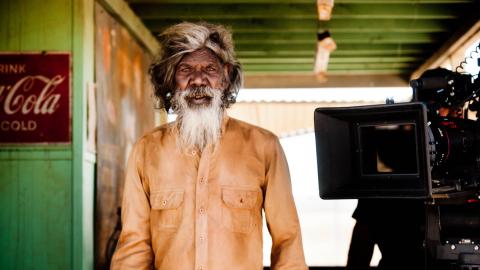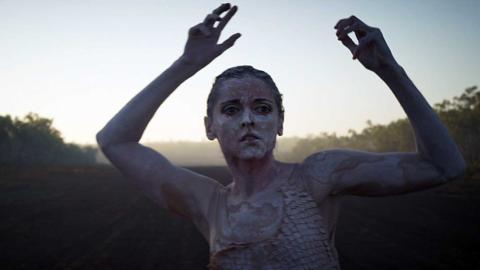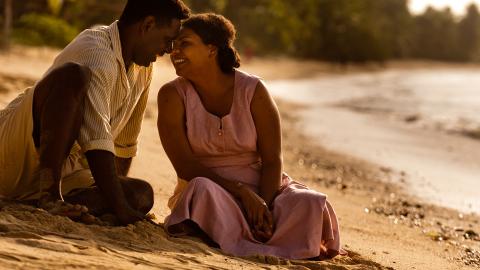
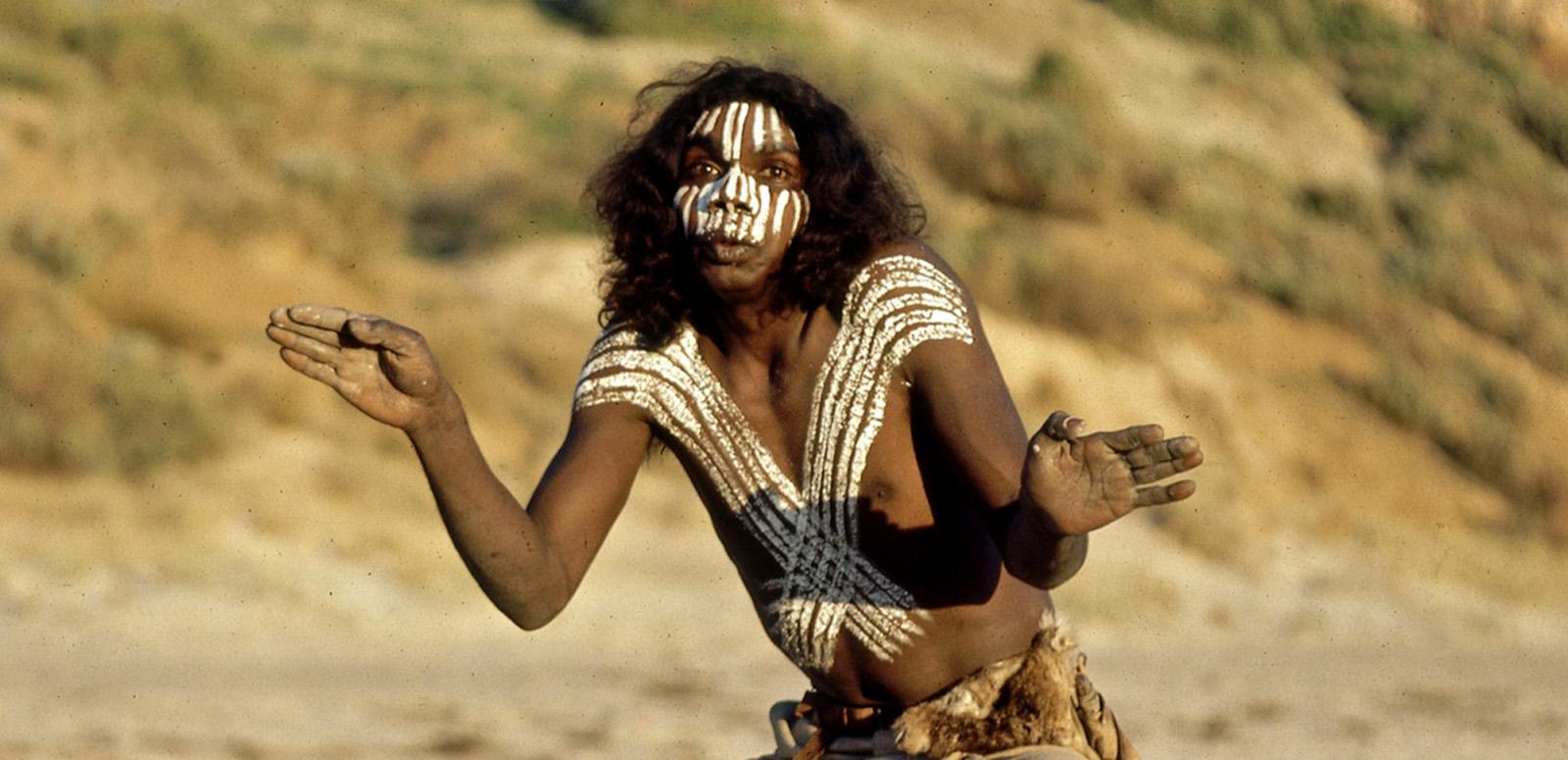
David Gulpilil
David Gulpilil AM
David Gulpilil AM has forever changed the way Australian film represents Indigenous people and their cultural heritage.
A Yolngu man from Arnhem Land in the Northern Territory, he was a dancer, actor, singer, painter and storyteller. His first acting role – in Nicolas Roeg's Walkabout (1970) – began a career that spanned over 50 years.
He has acted in some of Australia's most iconic and successful films, including Storm Boy (Henri Safran, 1976), Crocodile Dundee (Peter Faiman, 1986), Rabbit-Proof Fence (Phillip Noyce, 2002) and Australia (Baz Luhrmann, 2008).
Gulpilil was appointed a Member of the Order of Australia (AM) in 1987. He has won numerous awards including Best Actor – Un Certain Regard at the Cannes Film Festival for Charlie's Country (Rolf de Heer, 2013) and two Best Actor AACTA/AFI Awards, for The Tracker (Rolf de Heer, 2002) and Charlie's Country.
In this collection we see the breadth of Gulpilil's talent and many of the roles he's played. We also learn more about his life, cultural beliefs and Country.
WARNING: this collection contains names, images or voices of deceased Aboriginal and Torres Strait Islander people.
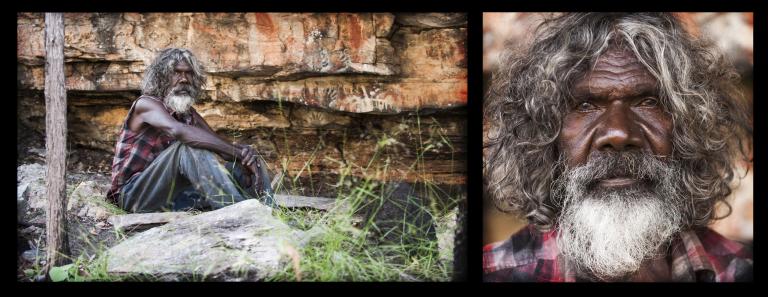
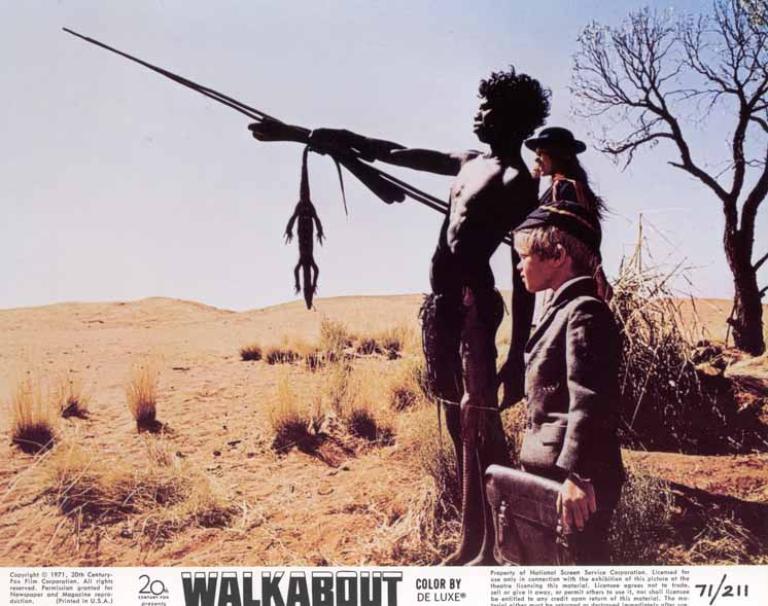
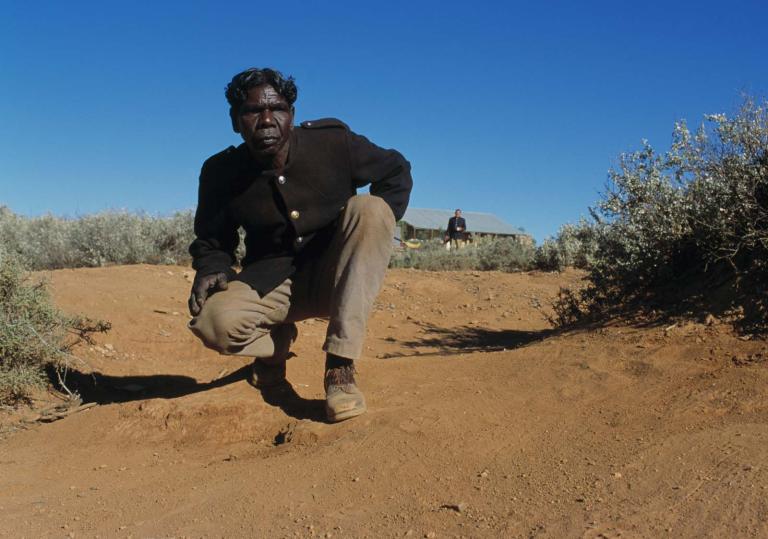

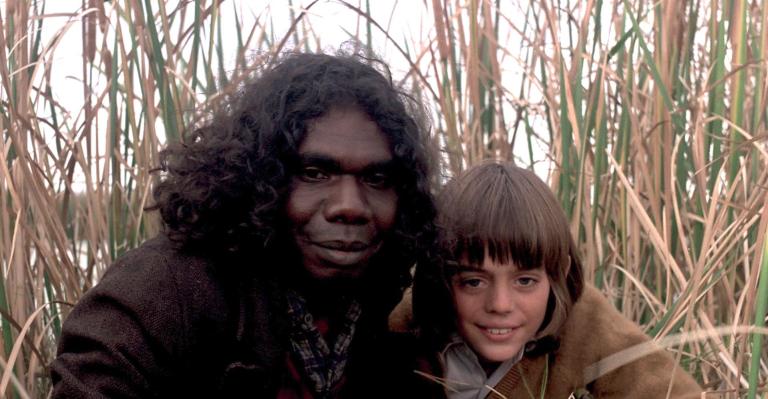
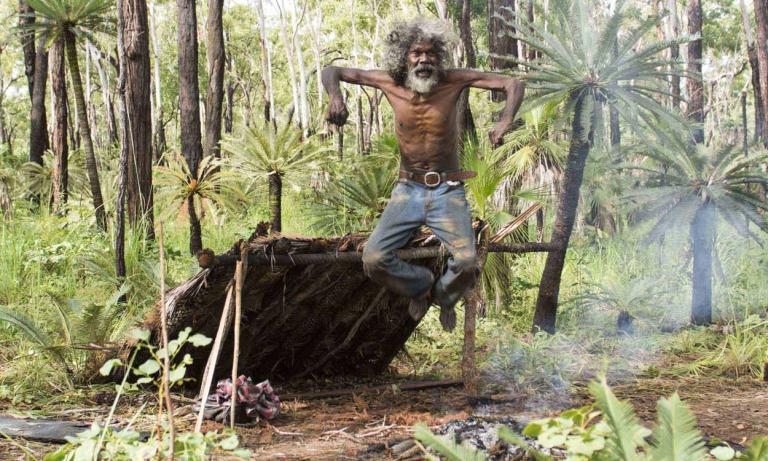
The National Film and Sound Archive of Australia acknowledges Australia’s Aboriginal and Torres Strait Islander peoples as the Traditional Custodians of the land on which we work and live and gives respect to their Elders both past and present.
